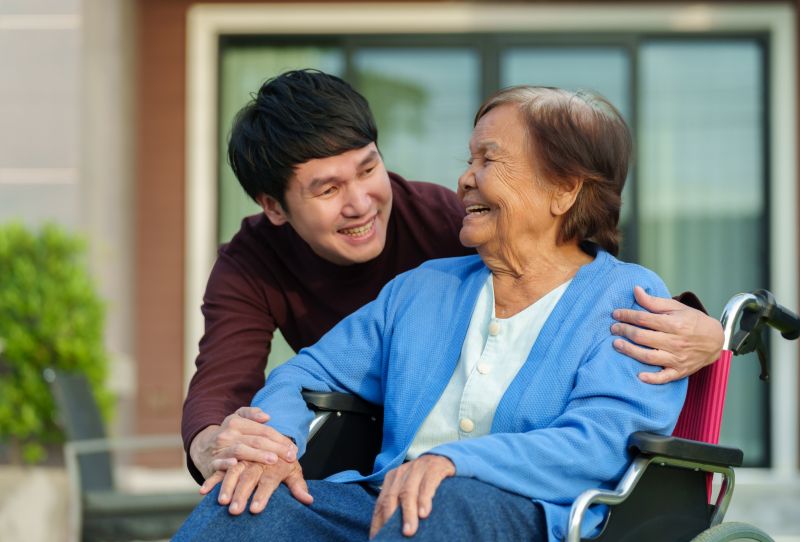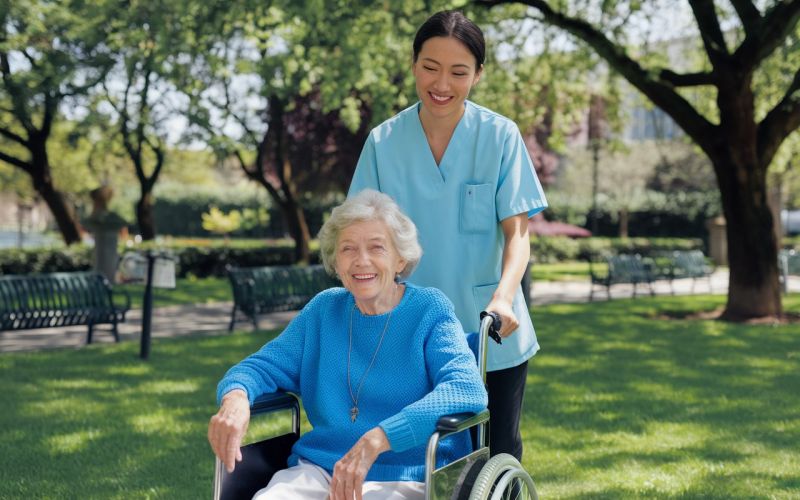Overcoming Language Barriers: Effective Communication Strategies
iSavta | 27.05.2024

For migrant caregivers, effective communication is essential for providing quality care and building strong relationships with clients and their families. Overcoming language barriers can be challenging, but with the right strategies, you can improve your communication skills and enhance your caregiving experience.
- Learn Basic Phrases
Start by learning basic phrases in the local language. Simple greetings, common expressions, and essential caregiving terms can go a long way in improving communication. Use language learning apps, online courses, or community classes to build your vocabulary.
- Use Visual Aids
Visual aids such as pictures, charts, and diagrams can help bridge the language gap. Use these tools to explain tasks, routines, or medical instructions. Visual aids can also be helpful in communicating with clients who have difficulty speaking or understanding verbal language.
- Practice Active Listening
Active listening involves paying close attention to the speaker, making eye contact, and showing that you understand through nodding or repeating back what they said. This technique helps ensure that you accurately understand the client's needs and concerns.
- Use Simple and Clear Language
When speaking in a language you are still learning, use simple and clear language. Avoid complicated words or phrases. Speak slowly and clearly, and check for understanding by asking questions or repeating key points.
- Learn Non-Verbal Communication
Non-verbal communication, such as body language, gestures, and facial expressions, can convey a lot of information. Pay attention to these cues and use them to support your verbal communication. For example, a smile can show friendliness and reassurance, while a thumbs-up can indicate approval.
- Use Translation Tools
Translation apps and tools can be helpful for quick translations of words or phrases. While they may not be perfect, they can assist in basic communication. However, try to use them as a supplement rather than relying on them entirely.
- Be Patient and Encouraging
Learning a new language takes time and effort. Be patient with yourself and your clients. Encourage open communication and let your clients know that it's okay to correct you or ask for clarification. Building a supportive and understanding environment can enhance communication and trust.
- Seek Help from Bilingual Colleagues
If you work with colleagues who speak both your language and the local language, don't hesitate to seek their help. They can provide translations, explain cultural nuances, and offer advice on improving your language skills.
Conclusion
Overcoming language barriers is essential for effective caregiving and building strong relationships with clients. By learning basic phrases, using visual aids, practicing active listening, using simple language, understanding non-verbal communication, using translation tools, being patient, and seeking help from bilingual colleagues, you can improve your communication skills and provide better care. Remember, every effort you make to learn and communicate in the local language brings you one step closer to overcoming language barriers.
Read more about Personal Wellness

Personal Wellness











